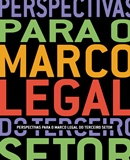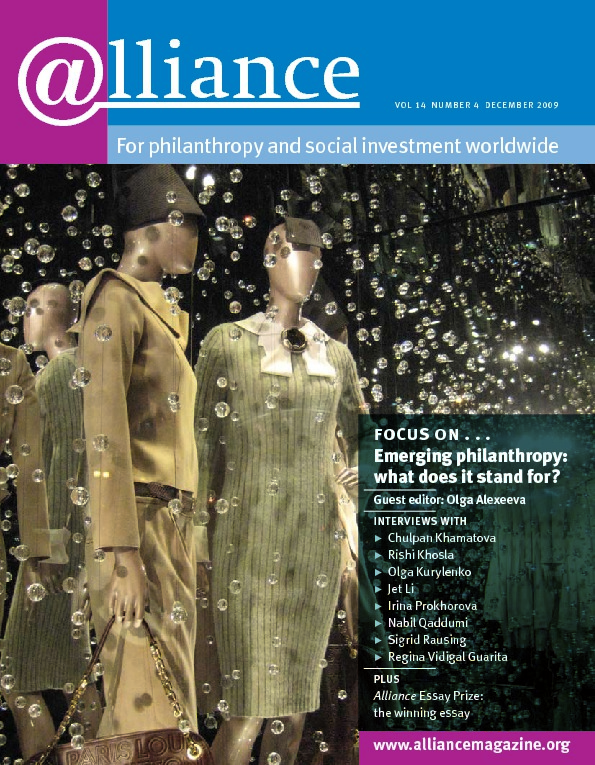The landscape of philanthropy in Brazil is undergoing structural change because of shifts in the social and economic environment. In the midst of the worldwide financial crisis, the country moved up to ‘investment grade’ in the portfolios of some of the most prestigious global credit rating agencies. At the same time, a new middle class is arising, creating a vast market and multiplying the local millionaires.
 The most visible shift in social investment in Brazil is that international cooperation projects and foundations are either downsizing, moving out of the country or simply repositioning from grantmaker to fundraiser. W K Kellogg Foundation closed its São Paulo office last August, with Novib likely to follow suit. Save the Children merged this year with the local Abrinq Foundation.
The most visible shift in social investment in Brazil is that international cooperation projects and foundations are either downsizing, moving out of the country or simply repositioning from grantmaker to fundraiser. W K Kellogg Foundation closed its São Paulo office last August, with Novib likely to follow suit. Save the Children merged this year with the local Abrinq Foundation.
At the same time, new social investors are emerging from the ranks of the newly wealthy. As national businesses go global and public, family foundations are being created which tend to balance the concentration of Brazilian philanthropy in the corporate sector, and different kinds of social investment – with a mix of elements from community foundations, giving circles and independent funds – are being tried out.
In order to strengthen the fledgling Brazilian civil society, which tripled in size from 1996 to 2005 to more than 300,000 organizations, Brazilian grantmakers’ association GIFE (Group of Institutes, Foundations and Enterprises) is building, with its 120 members, a ten-year vision for the development and growth of the philanthropic sector. Called the 2020 Vision for Social  Investment, this collective strategy paper will be launched at the 6th GIFE Congress, to take place 7-9 April 2010 in Rio de Janeiro.
Investment, this collective strategy paper will be launched at the 6th GIFE Congress, to take place 7-9 April 2010 in Rio de Janeiro.
GIFE will also release two new publications at the end of this year, which are pillars of the 2020 Vision: The Corporate Foundation Governance Guide and Perspectives for the Third Sector Legal Framework.
For more information
http://www.gife.org.br or contact Fernando Rossetti at diretoria@gife.org.br






Comments (0)